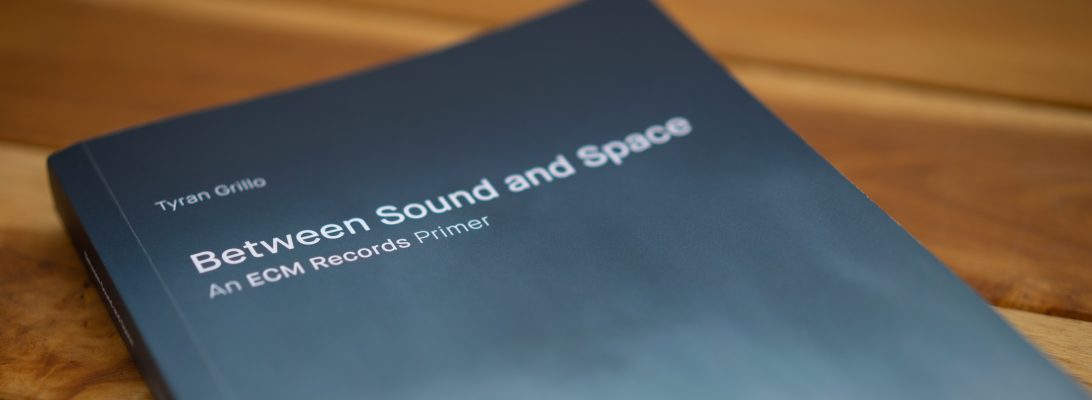
Between the covers of BIRD, Christina Rauh Fishburne offers a chapbook of moving images and emotional tableaux using words as her pigment and a keen sense of observation as her brush. Her prose poems are stories just beginning to petal open in the light of a reader’s eyes, each as fragrant with densely packed information as a human cell.
The scenes are as distinct as the verses describing them. While there are plenty of aerial views to take in, Fishburne dives ever inward as the pages flip by. From a scarecrow-stuck field and private garden to a dressing room and mollusk’s shell, she combines just enough ingredients to make a meal of the lesson at hand and consume it before moving on to the next.
Personalities plant their stakes along the way. Whether in the crow’s stark altruism, the albatross’s maritime legacy, or the barn owl’s untranslatable scream, the indifference of bare life to examined life renders our concerns at once universal and meaningless. This doesn’t mean we are always looking through nonhuman eyes; it does mean we are asked to consider how that gnaws at the ego.
Whereas impossibilities feel organic (“The sun was still and straight as a cowboy”), renderings of the quotidian and the agricultural (there is, for example, repeated mention of barley) feel starkly out of place, as if nature were only a construction of those who infringe upon it with the cutting of blades, the striking of matches, and the pulling of roots.
While the mood is generally retrospective, sometimes regretful, a certain resilience shines through with mounting clarity. Even darker passages like “Pheasant” embalm a youthful wonder that never seems to burnish. “Oyster Catcher” is a masterstroke of parental anxieties (“My child will be born quite soon. I receive her messages in sudden desperate grasping. She must be like me. She doesn’t like to be inside”) and confinement. In it, the pearl—for us, a sign of beauty and value—is a natural irritant, a bauble of sacrifice and forced honor that never quite reflects the visage of its wearer.
Signposting our journey are four “takes” on the gull. Their encounters with wounded yet resilient souls court the temptation to exaggerate or revise personal narratives. Fishburne continually seeks such hypocrisies, throwing intimate spotlights on them to ward us away. Elemental touchpoints also throw the occasional roof over our heads. Of these, “Water” gets at the heart of the collection’s worship of transfiguration. We take a lot of turns together yet come out the other end with scars to show for our survival.
The animal, insofar as it reflects the human, has more self-awareness and investment in the world than we might think. The human, insofar as it reflects the animal, loses itself in rote survival. “There’s nothing worse than a flightless bird,” Fishburne tells us, giving us hope to build wings of our own from the scraps of lived experience.
Bird is available directly from Kattywompus Press here.

